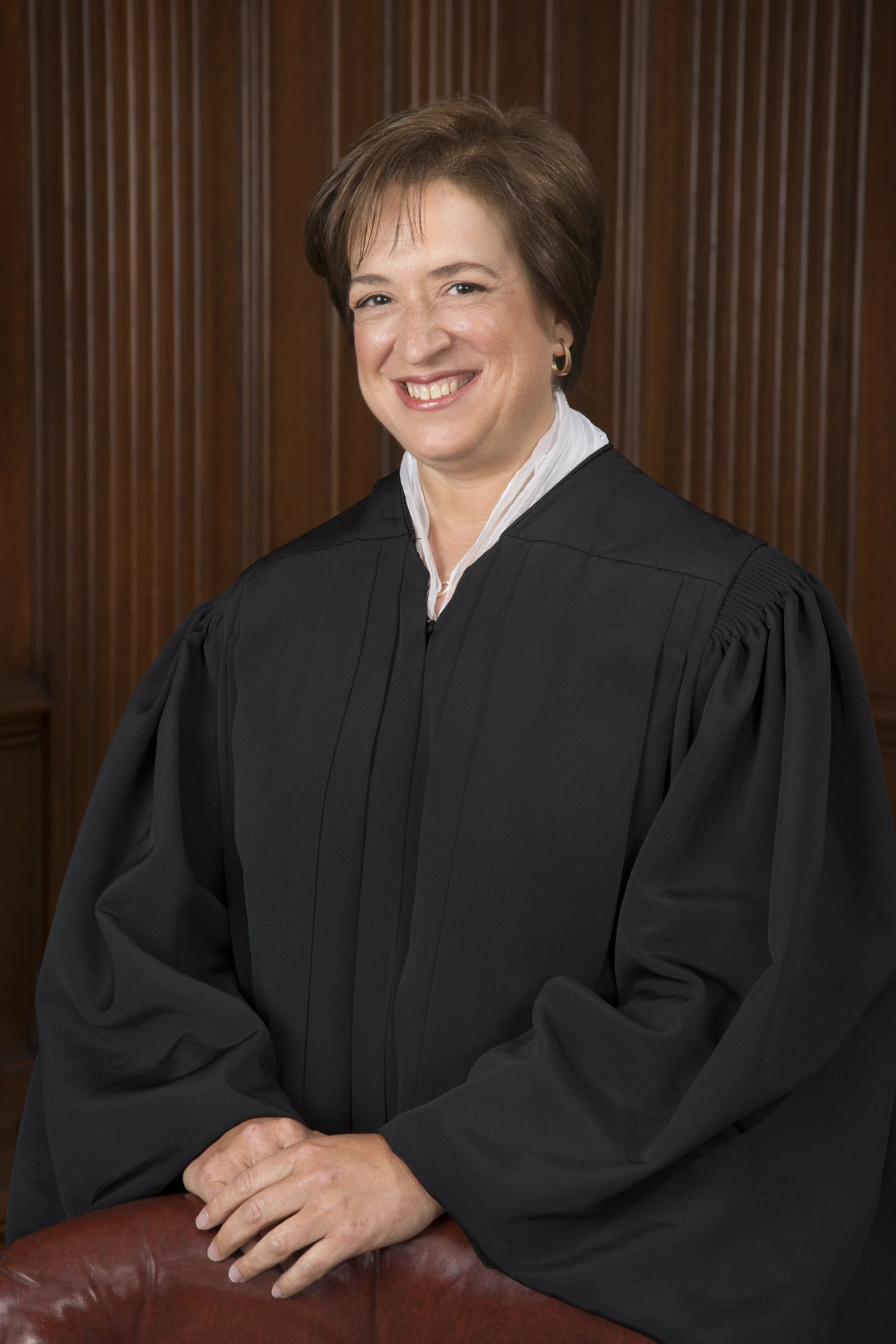Royal Canin U.S.A., Inc. v. Wullschleger
Key Principle
Amended Complaint Rule: When a plaintiff amends their complaint to remove the federal law claims that enabled removal to federal court, leaving only state law claims behind, the federal court loses supplemental jurisdiction over the state claims, and the case must be remanded to state court.
Case Overview
CITATION
ARGUED ON
DECIDED ON
DECIDED BY
604 U.S. ___
Oct. 7, 2024
Jan. 15, 2025
Legal Issue
If a case removed to federal court later has all of its federal law claims removed, does the federal court retain jurisdiction over the case?
Holding
No, if a plaintiff amends their complaint to remove their federal law claims, leaving only state law claims behind, then the federal court loses supplemental jurisdiction and the case must be remanded back to state court.
Royal Canin Factory in France | Credit: Royal Canin Photo Library
Background
Royal Canin manufactures a brand of dog food available only with a veterinarian’s prescription, and it’s sold at a premium price. Anastasia Wullschleger purchased their dog food thinking it contained medication not found in off-the-shelf products, but she later learned it didn’t. Wullschleger initially filed her suit in Missouri state court, alleging that Royal Canin’s dog food is ordinary dog food and that the company sells the product with a prescription solely to deceive consumers into paying an increased price. Wullschleger’s original complaint asserted claims under the Missouri Merchandising Practices Act and state antitrust law, as well as violations of the Federal Food, Drug, and Cosmetic Act (FDCA), 21 U.S.C. §301.
Royal Canin removed the case to federal court based on the FDCA claims, which set up the parties to litigate the entire case in federal court. However, Wullschleger wanted the case to be heard in state court, so she countered she amended her complaint to remove every mention of the FDCA, leaving only her state law claims behind. She then petitioned the District Court to remand the case to state court, but they denied to do so. The Eighth Circuit Court of Appeals reversed that decision and remanded the case to state court since Wullschleger’s amended complaint contained no grounds for federal jurisdiction.
Summary
Unanimous decision for Wullschleger
Royal Canin
Wullschleger
Sotomayor
Alito
Barrett
Thomas
Kavanaugh
Roberts
Gorsuch
Jackson
Kagan
Opinion of the Court
Writing for the Court, Justice Elena Kagan held that when a plaintiff amends their complaint to delete the federal law claims that enabled removal to federal court in the first place, leaving only their state law claims behind, the federal court loses supplemental jurisdiction over the state claims and the case must be remanded to state court. Justice Kagan explained that under 28 U.S. C. §1367(a), supplemental jurisdiction over state-law claims depends on the presence of federal claims arising from the same case or controversy. She asserted that allowing federal jurisdiction to persist after the removal of federal claims would contradict the principle that jurisdiction follows the operative complaint. Therefore, when Wullschleger amended her complaint to remove all federal claims, the federal court lost federal question jurisdiction and the state law claims became supplemental to nothing. Ultimately, the Eighth Circuit’s decision was affirmed and the case was remanded back to state court.









